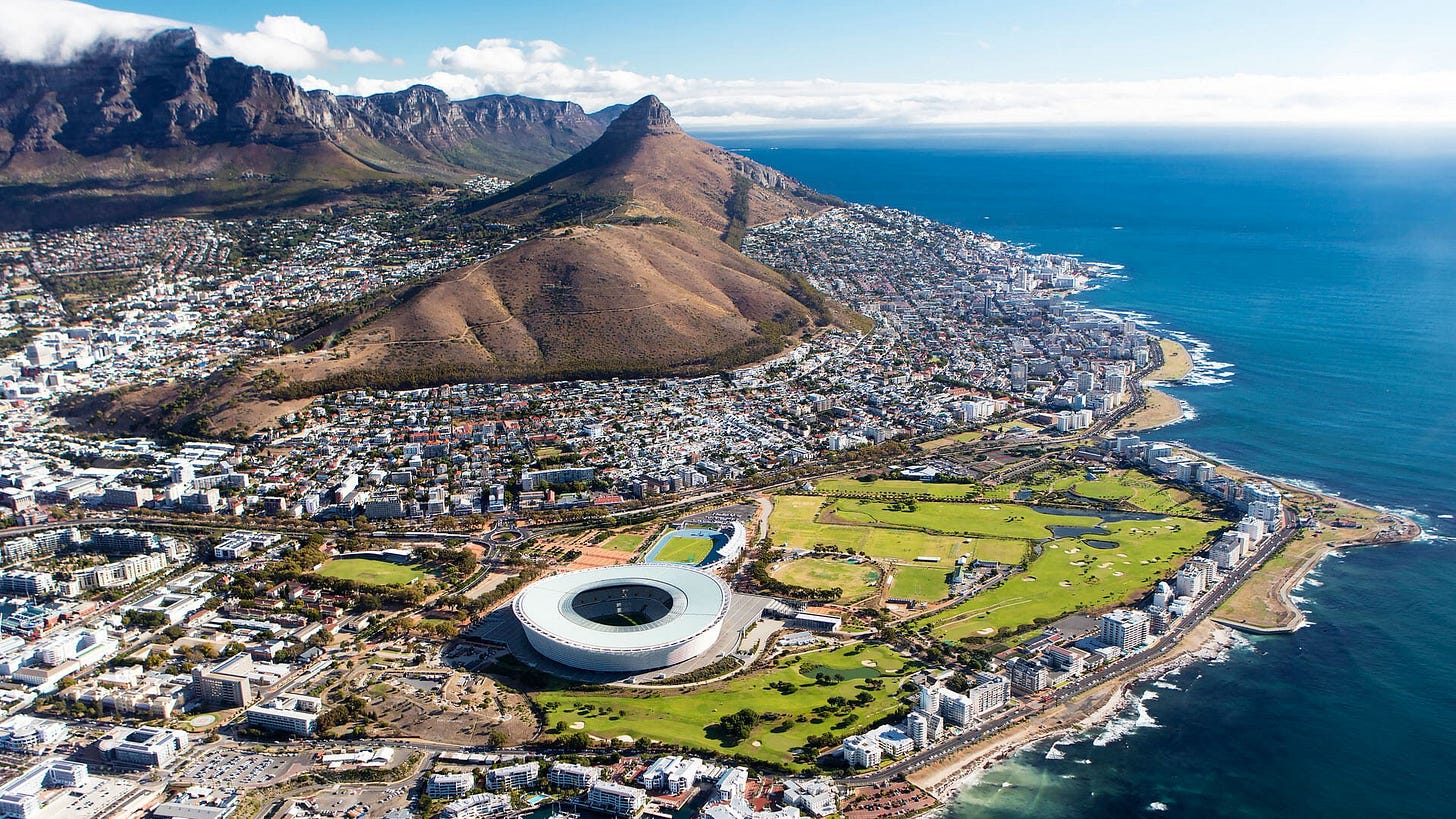Ecosystem Deep Dives #19: South Africa - Still room to grow
While often considered one of Africa's most developed start-up ecosystems, South African start-ups still suffer from unnecessary red-tape and difficulties expanding beyond its borders.

Dichotomies
South Africa is considered to be part of “Africa’s Big Four”, a group including Egypt, Nigeria and Kenya which account for 80% of all start-up fundraises on the continent. The South African start-up ecosystem is often considered to be one of Africa’s most developed, owing to strong corporate involvement, developed business infrastructure, and ties to Europe. Additionally, the country also hosts the Southern African Venture Capital and Private Equity Association (SAVCA), one of the continent’s oldest VC organization.
Corporate involvement in the ecosystem is best exemplified by Naspers, which began as a newspaper more than a century ago and is now one of Africa’s largest company. In 2018, Naspers launched Naspers Foundry, a start-up fund aimed at South African start-ups which kickstarted local success stories such as SweepSouth.
Despite having one of the continent’s most vibrant start-up ecosystems, South Africa is still rife with socio-economic issues, due in large part to the legacy of apartheid and widespread governmental corruption. South Africa is often cited as one of the most unequal countries in the world, and start-ups are far from a panacea for the country’s woes, especially when fundraising patterns tend to reproduce historical racial inequalities. Nevertheless, a strong and vibrant start-up ecosystem has proven to be a key component of any healthy economy, so let’s dive into what makes South African start-ups special.


